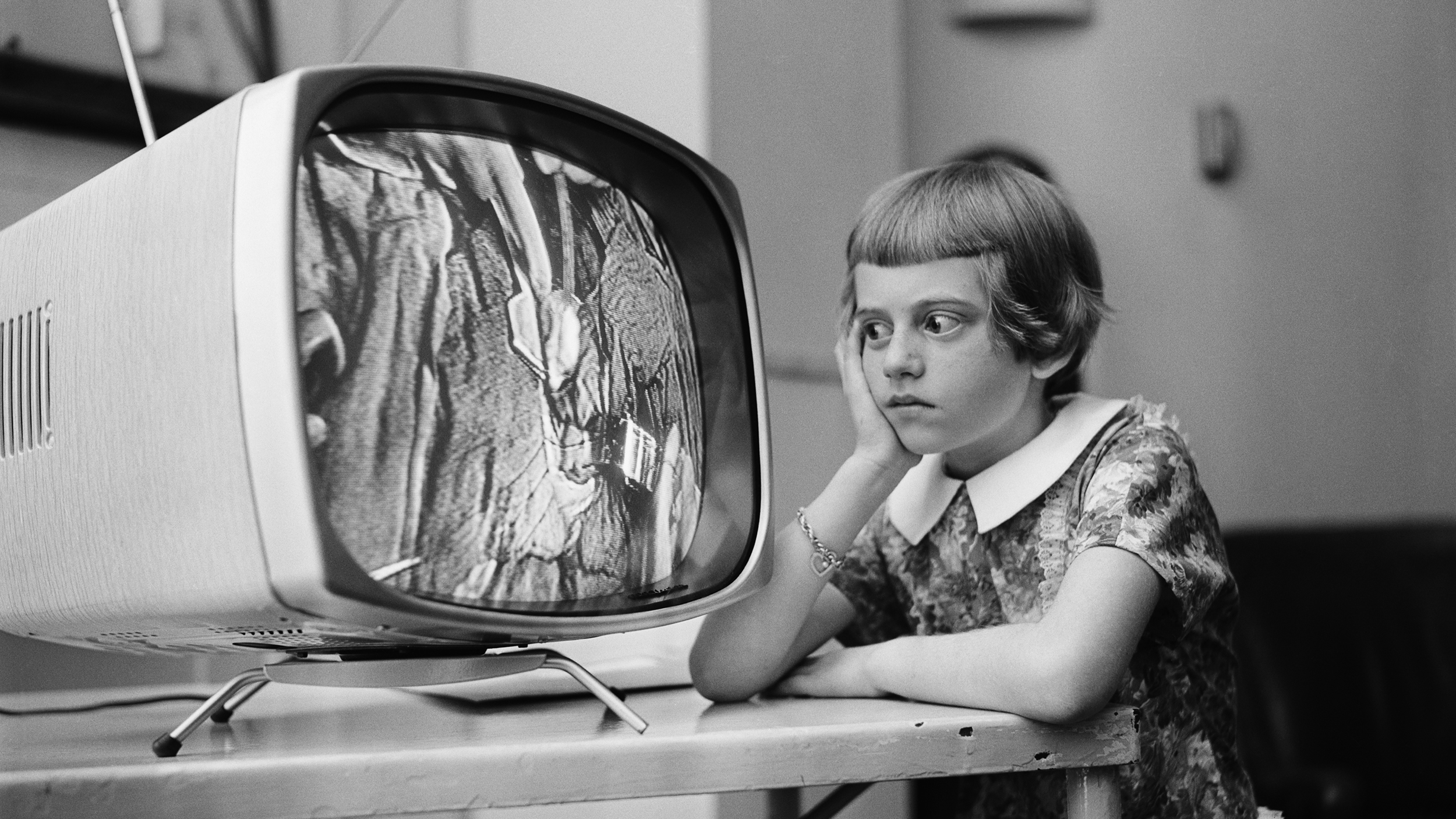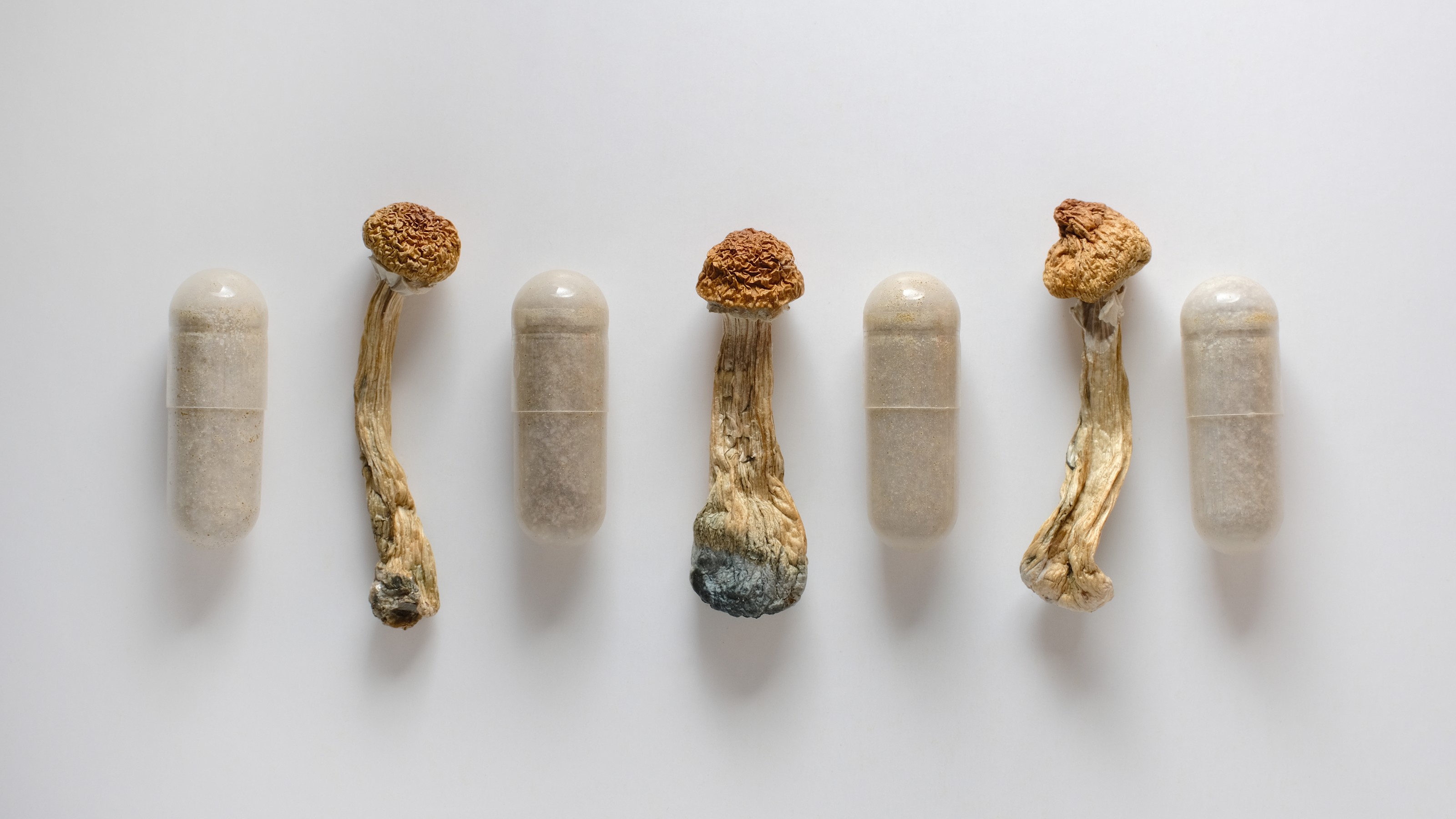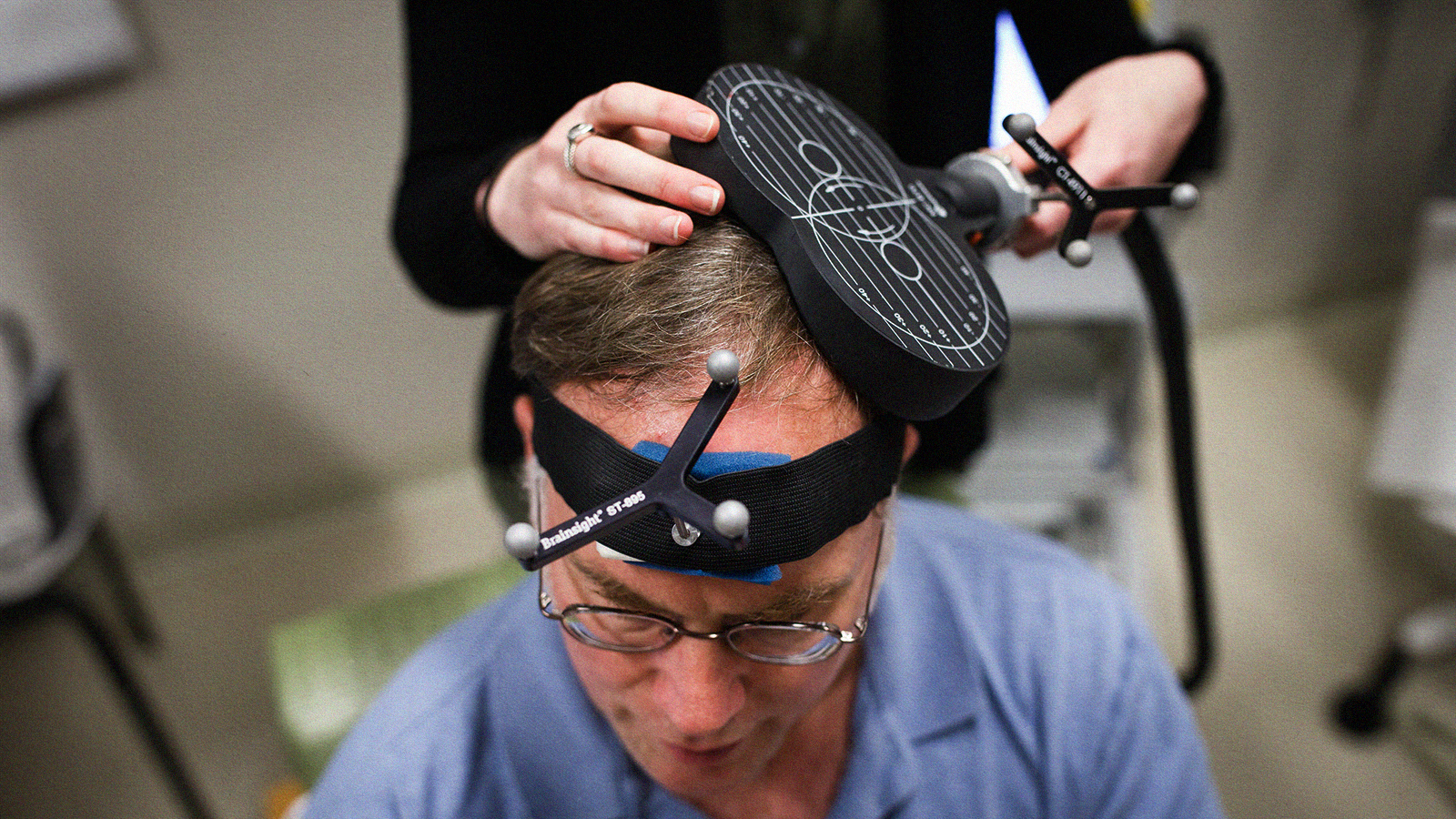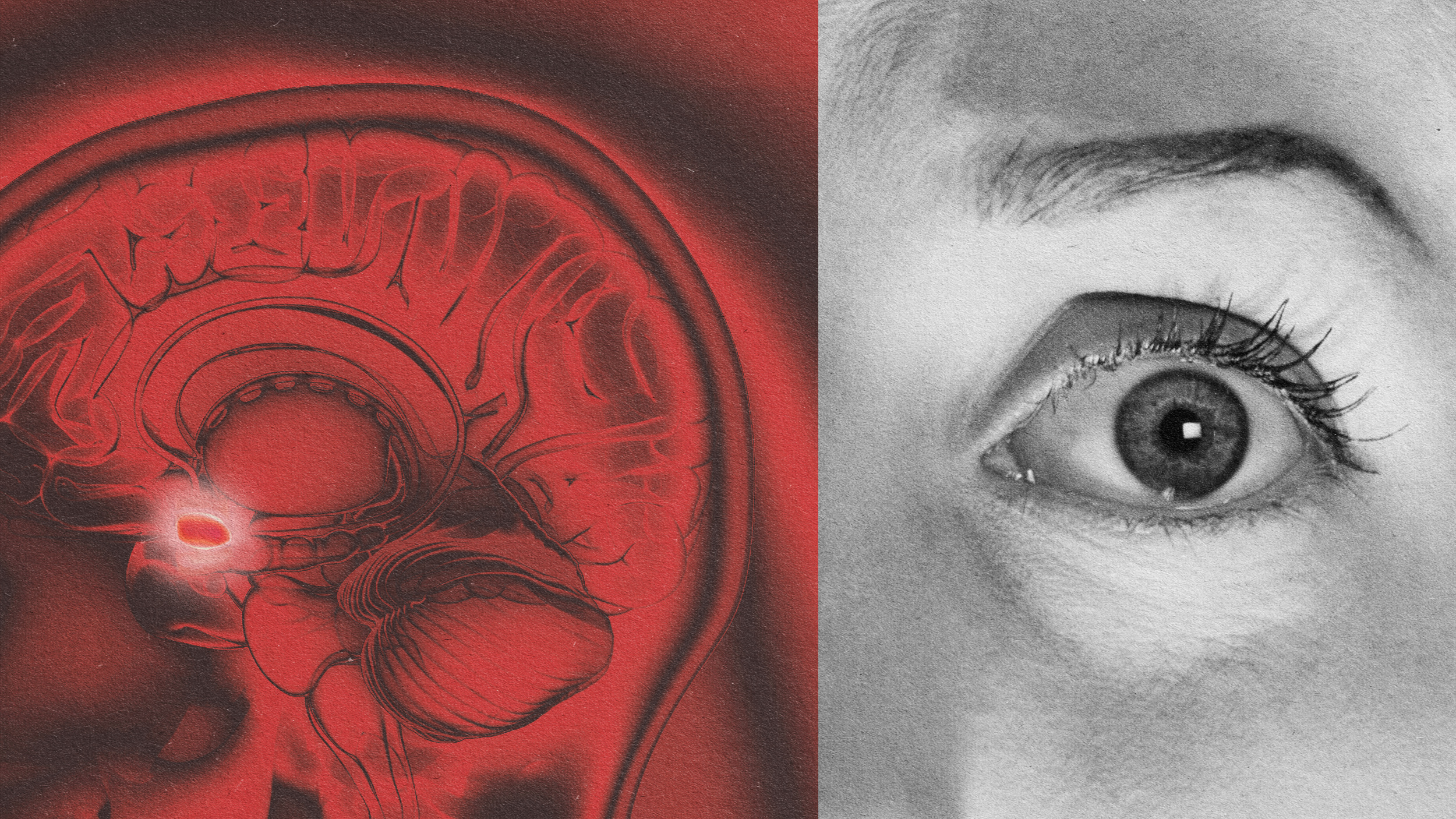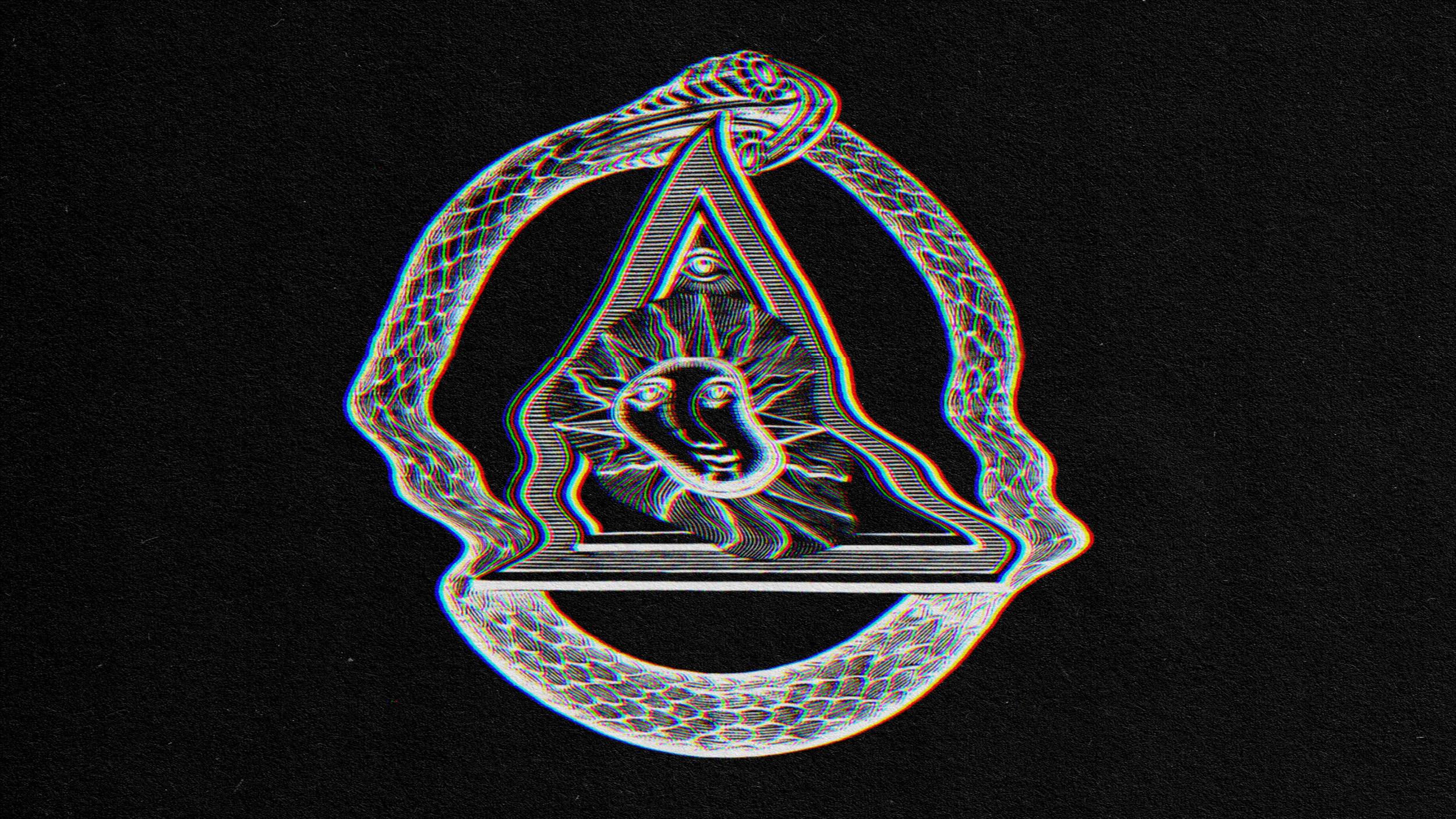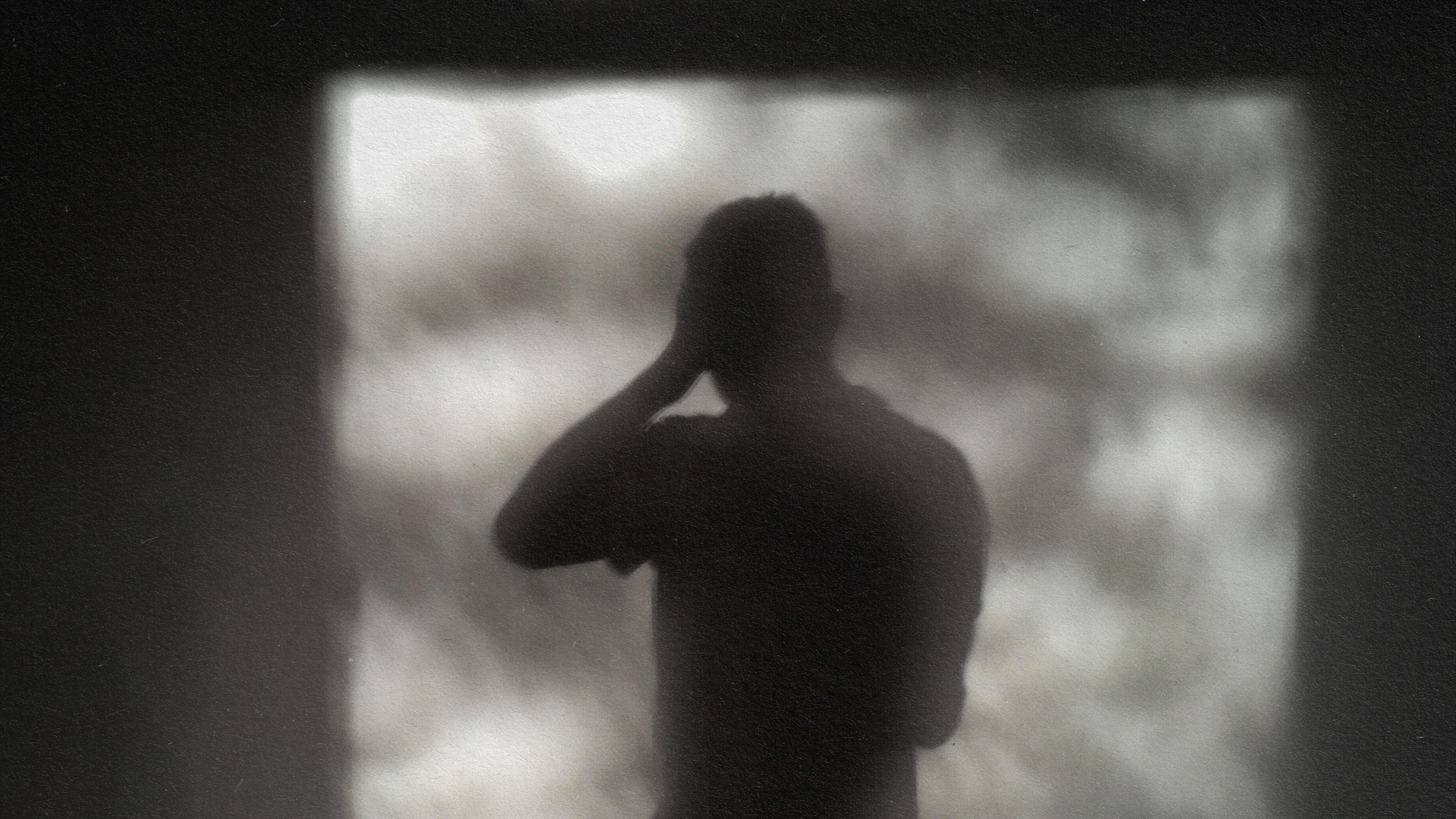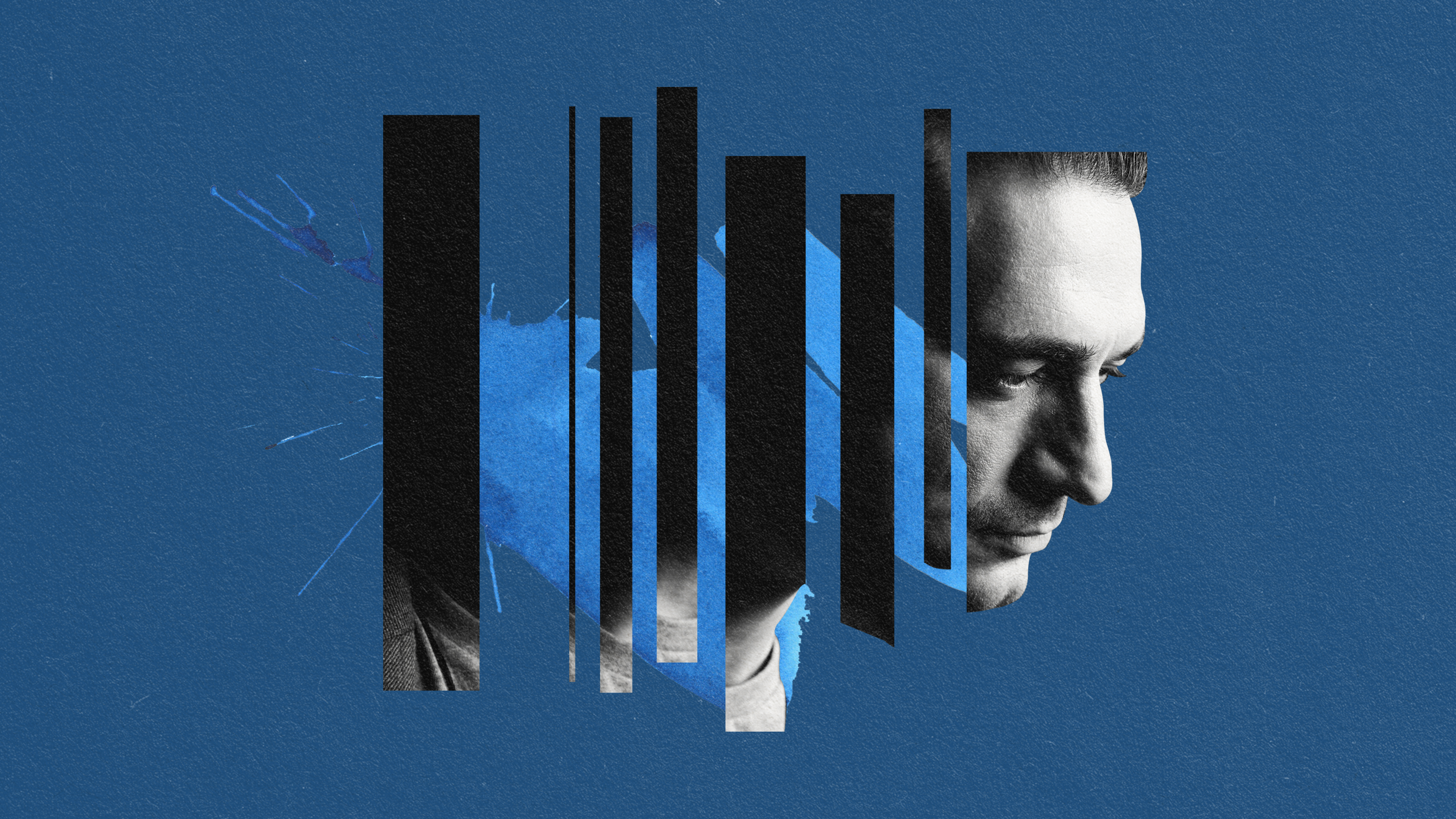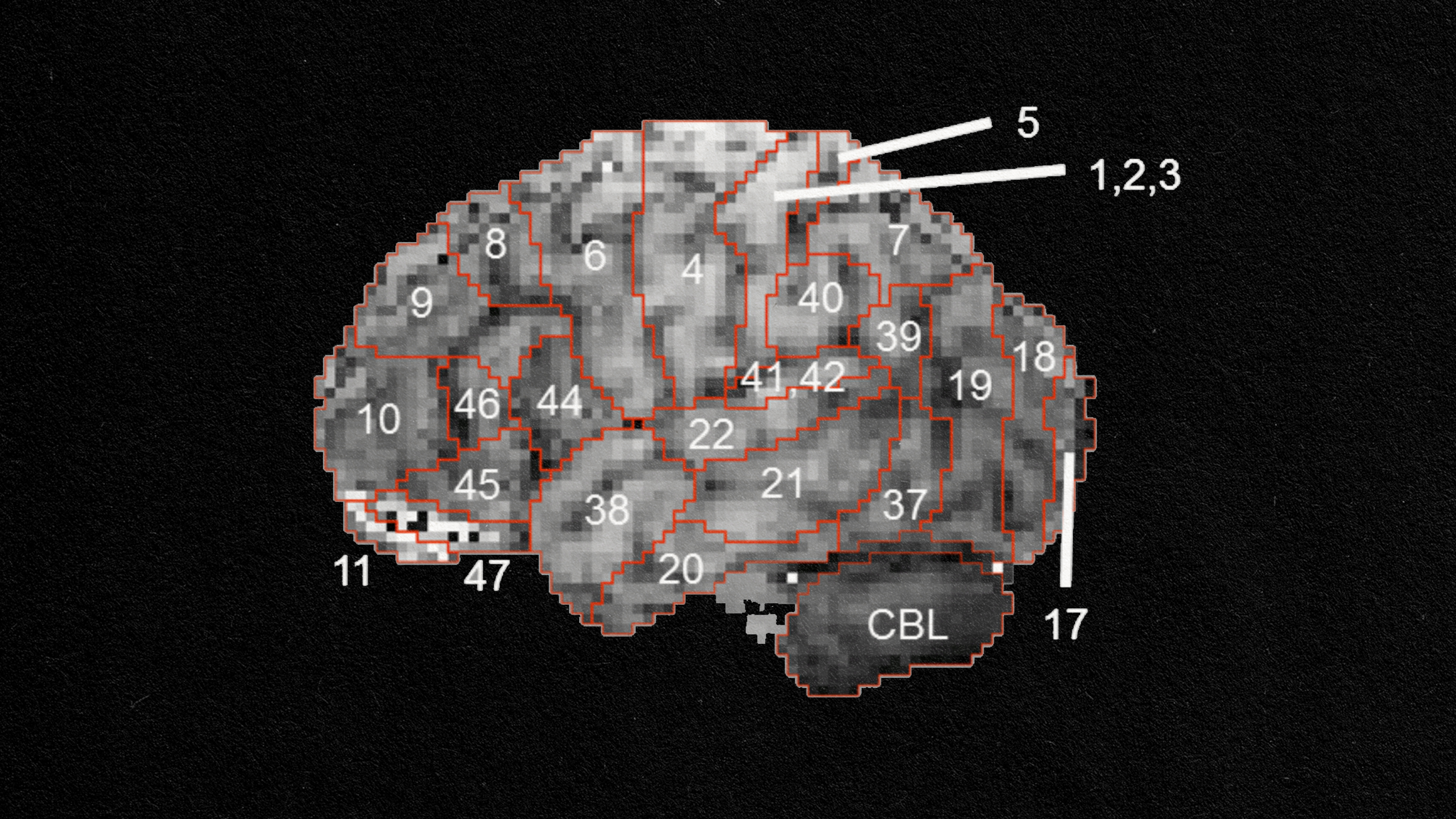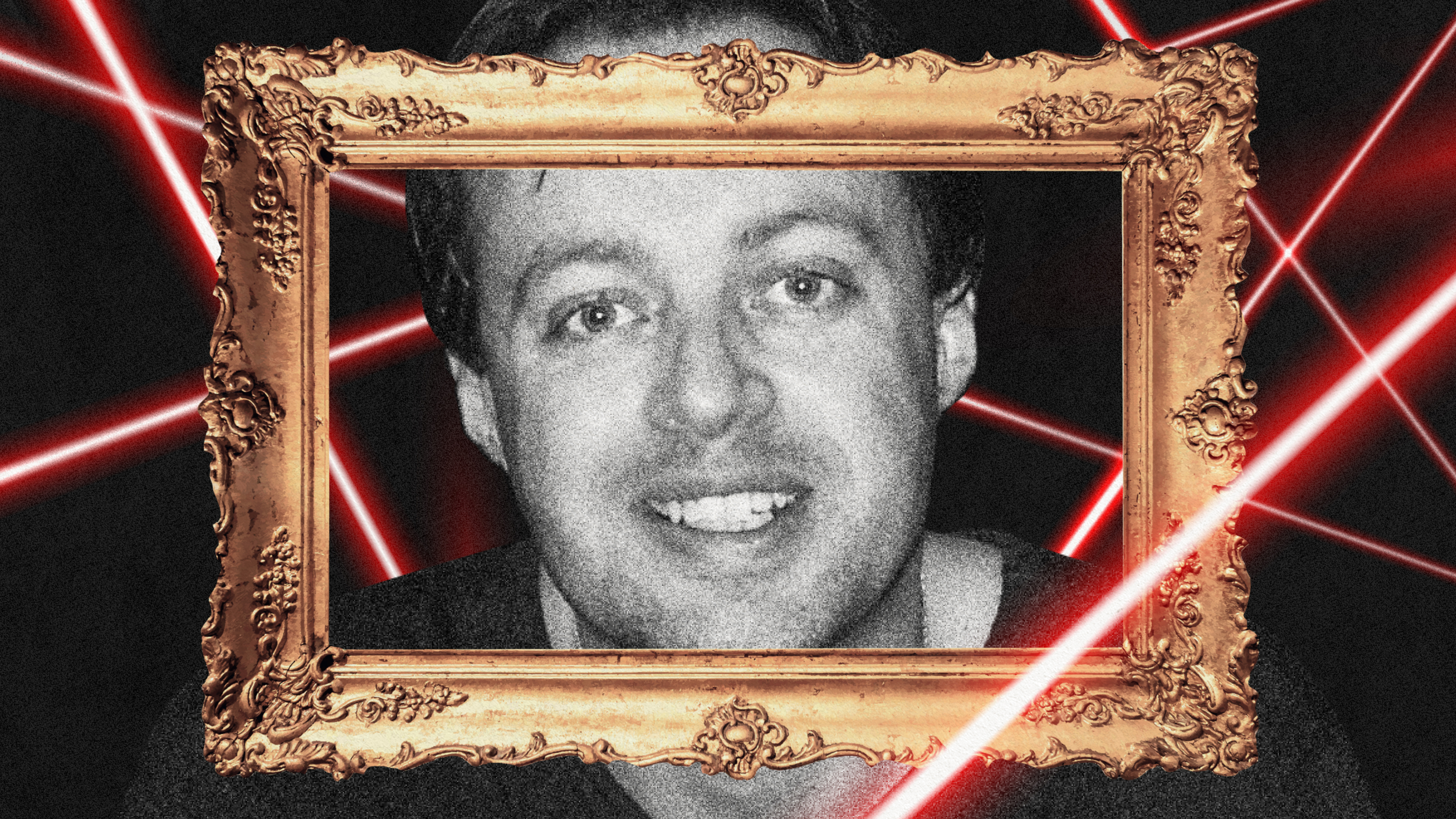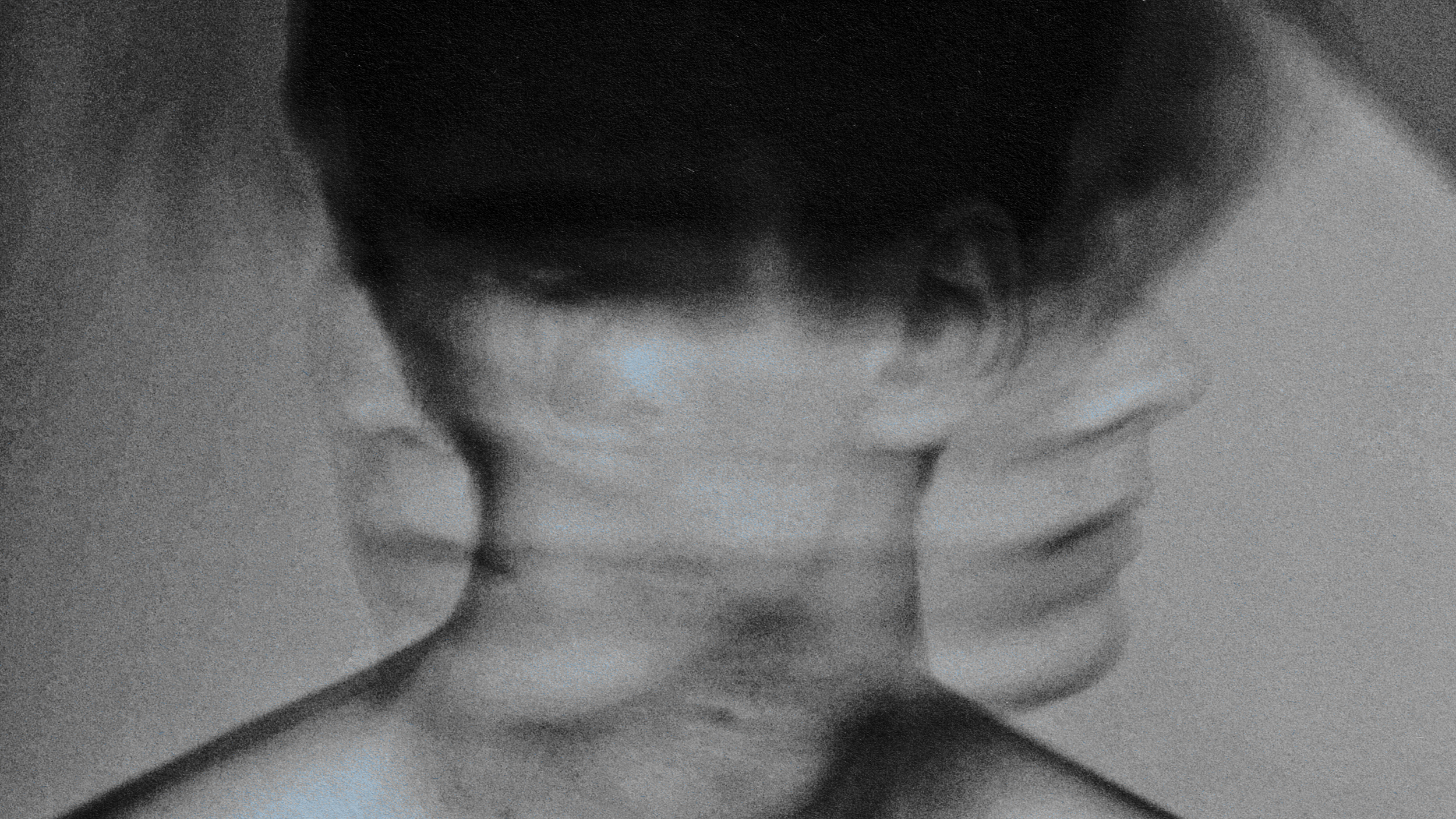mental health
The modern attention economy hijacks our ability to focus, but an ancient technique offers a means to get it back.
Claims of a sudden infestation appear unfounded.
Acclaimed psychiatrist Bessel van der Kolk, author of “The Body Keeps The Score,” discusses the widespread existence of trauma and how it settles in our bodies.
▸
with
If someone can make you feel insecure, incomplete, and inadequate, they then can present themselves as the solution you need.
A healthy lifestyle even protects those who are genetically predisposed to depression.
To reap the benefits of AI technologies, businesses must keep humans in the driving seat.
The benefits of the psychedelic seem to last long after the trip wears off.
The great philosopher spent the final portion of his painful life in a vegetative state. Did illness get him there, or was it his own philosophy?
According to neuropsychologist Julia DiGangi, no one can live a life free of emotional pain. We can only choose how those emotions empower us.
Could a theory from the science of perception help crack the mysteries of psychosis?
For people with hard-to-treat depression, a non-invasive technique called transcranial magnetic stimulation (TMS) can provide relief.
The amygdala can hijack your brain’s response if it recognizes past trauma in a current situation. To regain control, simply press pause.
Scientific evidence does not support the use of trigger warnings, which are described as a “disingenuous gesture of trauma awareness.”
Jung thought these autonomous entities live in your unconscious mind — often at a cost.
Is mindfulness really the panacea it’s touted to be, or are we glossing over some fundamental flaws?
There’s really only one mistake you can make: continue doing the same thing you already know is hurting you and expect a different result.
If you see life as only a source of suffering and misery, why bring anyone else into that? This belief, called anti-natalism, is on the rise.
It’s time to bring “friendship love” back.
Can targeted interventions save Americans?
We can no longer approach the news as passive consumers.
It could explain why so many people don’t respond to common antidepressants.
Grief never ends. There is no closure, but there are things we can do to mitigate the feeling of loss.
Now that the DSM lists severe hoarding as a disorder apart from OCD, psychologists are asking what explains its prevalence.
A study involving nearly 2,000 people found links between personality traits and the likelihood of moving toward or away from dementia.
Daydreaming can be a pleasant pastime, but people who suffer from maladaptive daydreaming are trapped by their fantasies.
The strange case of cultured ultra-thief Stéphane Breitwieser — who claims “art is my drug” — has divided opinion. Is it Stendhal syndrome?
“I thought strangers knew who I was and were whispering about me as I walked by.”
“It is healthy and normal to be afraid of death.”
Since 2012, the amount of time that teenagers spend socializing in person has plummeted. Is it a coincidence that depression is more common?
When you do something with all your heart and mind, you do it with “meraki.” When we lack this feeling, it can lead to burnout.
